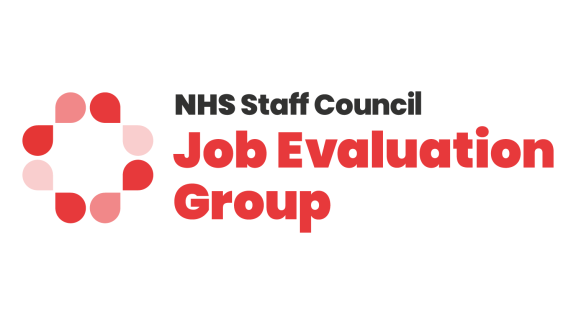Maintaining capacity in job evaluation

Please note this web page was first published in March 2021 and was last reviewed for accuracy in September 2025.
In order to run job evaluation successfully, employers need to have enough trained panel members and job analysts locally to carry out job evaluation procedures for all jobs in line with the processes contained in the Job Evaluation Handbook.
Here are some top tips in ensuring your organisation always has capacity for job evaluation.
Create an action plan
The best solution is to have an action plan which includes:
- enough trained practitioners
- agreed time off for practitioners
- support for newly-trained practitioners from more experienced ones
- access to refresher training
- measures for replacing practitioners when they move on.
Use your time effectively
It's also good practice to use your time effectively. An example of this is as follows:
- Make sure you have the job information or job analysis questionnaire quality checked before they go to a panel.
- Ask your job evaluation leads or equivalent to suggest profiles to consider.
- Ask the panel to read the job information in advance of meeting.
Need a temporary solution?
Preparation is key. If you can see that there may be problems on the horizon, plan early in order to mitigate them. We would encourage all organisations to plan ahead but understand that sometimes this is not possible, such as with the COVID-19 emergency.
Temporary solutions should be time-limited with clear measurable goals and depend on as little external support as possible. The following may be useful, in descending order:
- Solve the problem internally - this would include commissioning more training and making sure that everyone recognises the importance of job evaluation. NHS Employers supplies training, including job matching, job analysis and job evaluation, consistency checking and refresher training.
- Liaise with local organisations to see if they can help by running joint panels and sharing resources with your organisation, or even running panels on your behalf.
- Use of third-party consultants should be a very short-term solution and only used when all other options have been exhausted.
External resource
The further away you get from having an internal resource of panel members, the more risk there is. There will be a cost to the organisation in using external panels in terms of venue and panel members’ fees and expenses. The following will help:
- If working with an external organisation you need to ensure that robust audit trails of decision-making are in place and easily accessible by the employer responsible for the jobs.
- Any external panels should consist of trained practitioners working in partnership.
- Ownership of any information relating to external panels should belong to the commissioning organisation and not the external organisation.
- There should be arrangements in place for dialogue to allow panel outcomes and rationales to be questioned, understood and any differences reconciled.
- Consistency checking should be carried out internally, as a third party would not have access to information on other outcomes needed for comparison.
Further information
For more information on maintaining capacity, see the Job Evaluation Handbook chapter 3, section 8.
For more information on managing equal pay risk by ensuring good job evaluation practice, see JEG advice guidance - 5 December 2022.


